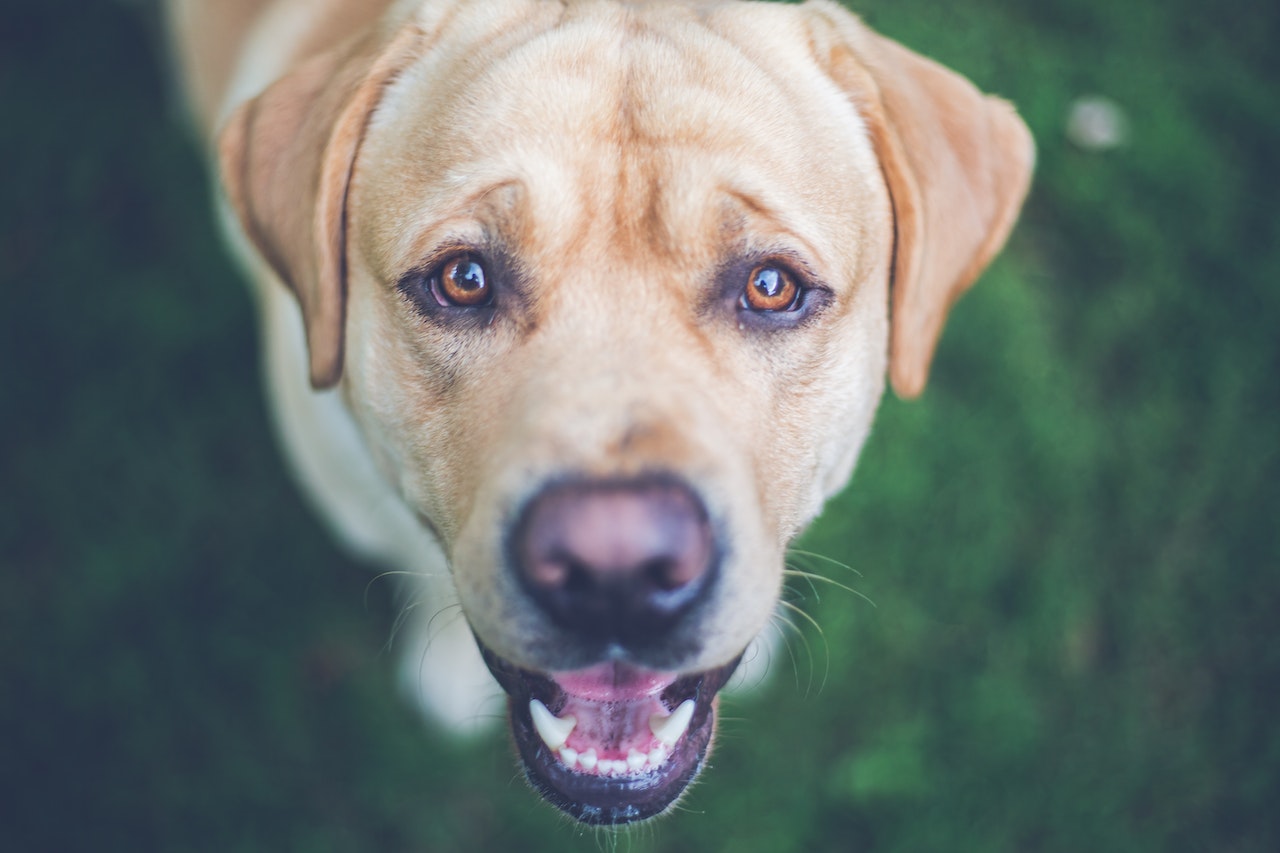How to Get Dog to Stop Peeing when Excited
Are you struggling with a Labrador who can’t seem to hold their bladder when they get excited? It can be frustrating and messy, but there are effective strategies that can help you address this issue. In this article, I’ll share some practical tips on how to get your excitable Labrador to stop peeing indoors.
One possible reason for your Labrador’s excitement-induced accidents could be a lack of proper training or reinforcement. Consistency is key when it comes to teaching your dog appropriate bathroom behaviour. Start by establishing a regular routine for feeding, exercise, and potty breaks. By sticking to a schedule, you’ll help your Labrador develop better bladder control.
Another important aspect is managing your dog’s excitement levels. When you notice your Labrador becoming overly excited or anxious, redirect their attention to a calm activity such as chewing on a toy or practising obedience commands. This will help them learn self-control and divert their focus away from urinating.
Additionally, consider implementing positive reinforcement techniques in the form of rewards and praise for desired behaviours. When your Labrador successfully remains calm during exciting situations without having accidents, acknowledge their good behaviour with treats and encouraging words.
Remember that patience and consistency are crucial when addressing any behavioural issue in dogs. With time and proper training techniques, you can teach your excitable Labrador to control their urge to pee when excited. So let’s dive into the details and explore these strategies further!
Understanding the Issue
When it comes to dealing with a dog that pees when excited, it’s crucial to first understand the underlying causes and triggers. One common breed known for this behaviour is the Labrador Retriever. These lovable and energetic dogs often exhibit excitement-induced urination due to a combination of factors such as their high energy levels, submissive nature, and lack of bladder control.
Here are some key points to consider in understanding this issue:
- Excitement and Submissiveness: Labradors are notorious for their exuberance and enthusiasm, which can lead to excessive excitement during greetings or playtime. This heightened excitement can cause them to lose control over their bladders momentarily, resulting in unintentional urination.
- Lack of Bladder Control: Puppies or young Labradors may struggle with fully controlling their bladder muscles, leading to accidents when they get overly excited. As they mature and gain better muscle control, this issue tends to resolve on its own.
- Training and Socialization: Proper training plays a vital role in managing excitement-induced urination. Teaching your Labrador appropriate behaviours, such as sitting calmly when greeting people or playing gently without getting too worked up, can help reduce instances of accidental peeing.
- Positive Reinforcement: Positive reinforcement techniques are highly effective when addressing this problem. Rewarding your Labrador for calm behaviour and providing frequent bathroom breaks can help them associate good behaviour with positive outcomes.
- Medical Considerations: In rare cases, excitement-induced urination may be linked to an underlying medical condition such as urinary tract infections or weak bladder muscles. If you notice excessive or persistent urination even outside moments of excitement, consulting a veterinarian is recommended.
By understanding the reasons behind your Labrador’s excitement-induced urination, you can take proactive steps towards managing this behaviour effectively through training techniques and establishing a routine that supports bladder control development.
Remember that each dog is unique, so patience and consistency are key when addressing this issue. With time, training, and proper guidance, you can help your Labrador overcome this challenge and enjoy a happy, accident-free life.
